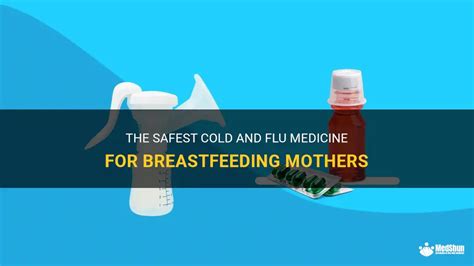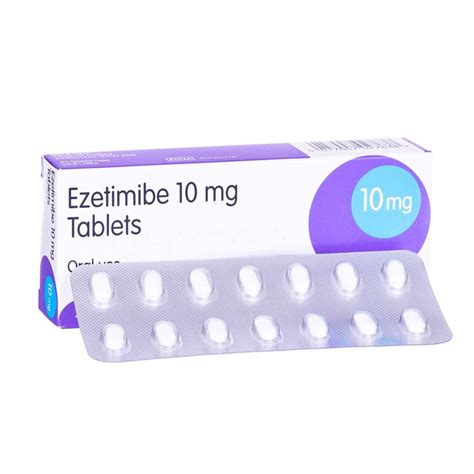Cold Medicine Safe For Breastfeeding

When it comes to managing cold symptoms while breastfeeding, safety is paramount. Many breastfeeding mothers are cautious about taking any medication, worried about the potential risks to their baby. While it’s always best to consult with a healthcare provider before taking any medication, there are some cold medicines that are considered safer for breastfeeding mothers than others.
Understanding How Medications Enter Breast Milk
Before delving into specific cold medicines, it’s essential to understand how medications enter breast milk. Most medications are secreted into breast milk to some extent, but the amount varies widely depending on the medication’s properties, such as its molecular weight, lipid solubility, and whether it’s bound to proteins in the blood. Generally, medications with higher molecular weights, lower lipid solubility, and higher protein binding are less likely to enter breast milk in significant amounts.
Safe Cold Medicines for Breastfeeding
While there aren’t many studies on the safety of cold medicines during breastfeeding, some medications are considered safer than others based on their pharmacokinetics and available data. Here are some common cold medicines that are often recommended for breastfeeding mothers:
- Acetaminophen (Tylenol): Acetaminophen is generally considered safe for breastfeeding mothers. It’s often used to relieve pain and reduce fever. However, it’s crucial to follow the recommended dosage and not exceed the maximum daily limit.
- Ibuprofen (Advil, Motrin): Ibuprofen is another common pain reliever and fever reducer that’s considered safe for breastfeeding mothers. Like acetaminophen, it’s essential to follow the recommended dosage and not exceed the maximum daily limit.
- Dextromethorphan (Robitussin): Dextromethorphan is a cough suppressant commonly found in over-the-counter (OTC) cold medications. It’s generally considered safe for breastfeeding mothers, but it’s essential to choose a medication that only contains dextromethorphan and no other ingredients.
- Guaifenesin (Mucinex): Guaifenesin is an expectorant that helps thin and loosen mucus, making it easier to cough up. It’s considered safe for breastfeeding mothers, but it’s essential to follow the recommended dosage and not exceed the maximum daily limit.
Medications to Avoid or Use with Caution
While some cold medicines are considered safe, others should be avoided or used with caution during breastfeeding. Here are some medications to be aware of:
- Pseudoephedrine (Sudafed): Pseudoephedrine is a decongestant that can decrease milk supply. While it’s not completely contraindicated, it’s recommended to use it with caution and only when necessary.
- Phenylephrine (Sudafed PE): Phenylephrine is another decongestant that can decrease milk supply. It’s recommended to avoid it or use it with caution during breastfeeding.
- Codeine: Codeine is an opioid cough suppressant that can pass into breast milk and potentially harm the baby. It’s recommended to avoid codeine during breastfeeding.
Key Takeaways
When managing cold symptoms while breastfeeding, it’s essential to remember the following:
- Always consult with a healthcare provider before taking any medication.
- Choose medications that are considered safe for breastfeeding mothers.
- Follow the recommended dosage and do not exceed the maximum daily limit.
- Monitor your baby for any signs of adverse reactions, such as changes in behavior, sleep patterns, or feeding habits.
Can I take acetaminophen while breastfeeding?
+Yes, acetaminophen is generally considered safe for breastfeeding mothers. However, it's essential to follow the recommended dosage and not exceed the maximum daily limit.
Will pseudoephedrine decrease my milk supply?
+Yes, pseudoephedrine can decrease milk supply. It's recommended to use it with caution and only when necessary.
Can I take codeine while breastfeeding?
+No, codeine is not recommended during breastfeeding. It can pass into breast milk and potentially harm the baby.
In conclusion, while there are some cold medicines that are considered safer for breastfeeding mothers, it’s always best to err on the side of caution and consult with a healthcare provider before taking any medication. By choosing medications that are considered safe and following the recommended dosage, breastfeeding mothers can manage their cold symptoms while minimizing the risk to their baby.


